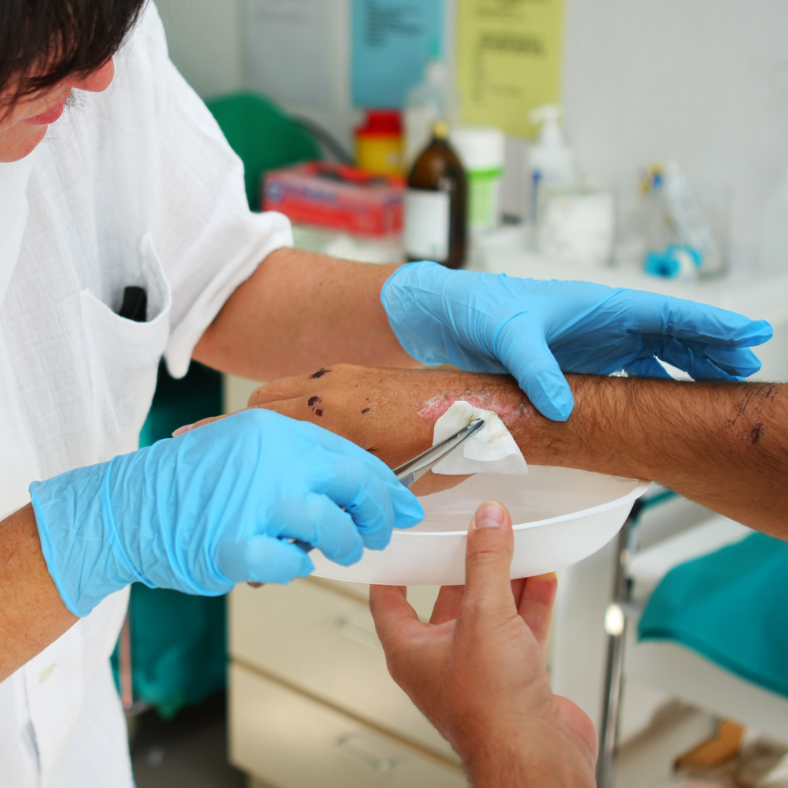Wound Care Facts
Navigating the complexities of wound care can be overwhelming, especially when confronted with an array of treatments, guidelines, and medical jargon. Armed with the right information, however, you can be a proactive participant in your healing process. In this context, understanding some basic wound care facts is invaluable, not only for effective treatment but also for preventing complications that could aggravate your condition further.
The body's natural healing process is a sophisticated operation involving a series of coordinated events—blood clotting, inflammation, tissue growth, and tissue remodeling. Each stage is crucial, and disruptions at any point could slow down healing or lead to complications. Factors such as age, overall health, and the presence of conditions like diabetes or cardiovascular disease can impact this process. While younger people generally heal faster, the elderly or those with chronic conditions may experience delays in wound healing, making focused care all the more vital.
Nutrition planning is often an overlooked aspect of wound care but is fundamental for efficient healing. Protein is vital for tissue repair, and a lack of it can significantly delay the healing process. Vitamins such as A and C play an essential role in collagen synthesis, a crucial component in skin rebuilding. Moreover, keeping well-hydrated can speed up recovery and maintain skin elasticity. At OnSite Advanced Care, we specialize in personalized nutrition planning that complements other aspects of wound care, from dressings to debridement.
The effectiveness of different wound care treatments can vary depending on the type and severity of the wound. Treatments such as wound dressings serve as barriers against infection and keep the wound moist, accelerating healing. Debridement removes dead or damaged tissue, allowing for healthy tissue growth. Specialized treatments like skin grafting or growth factor therapy may be recommended for more severe or chronic wounds.
It's also important to know that not all wounds are created equal. There are different types, such as diabetic ulcers, pressure ulcers, and venous ulcers, each with their unique characteristics and treatment needs. The sooner you can identify the type of wound you have, the quicker and more efficiently it can be treated.
Being educated in these wound care facts empowers you to take an active role in your healing. Understanding the biological processes involved, the impact of nutrition, and the nuances of different treatments can guide you toward making informed decisions, leading to better outcomes and improved quality of life.







